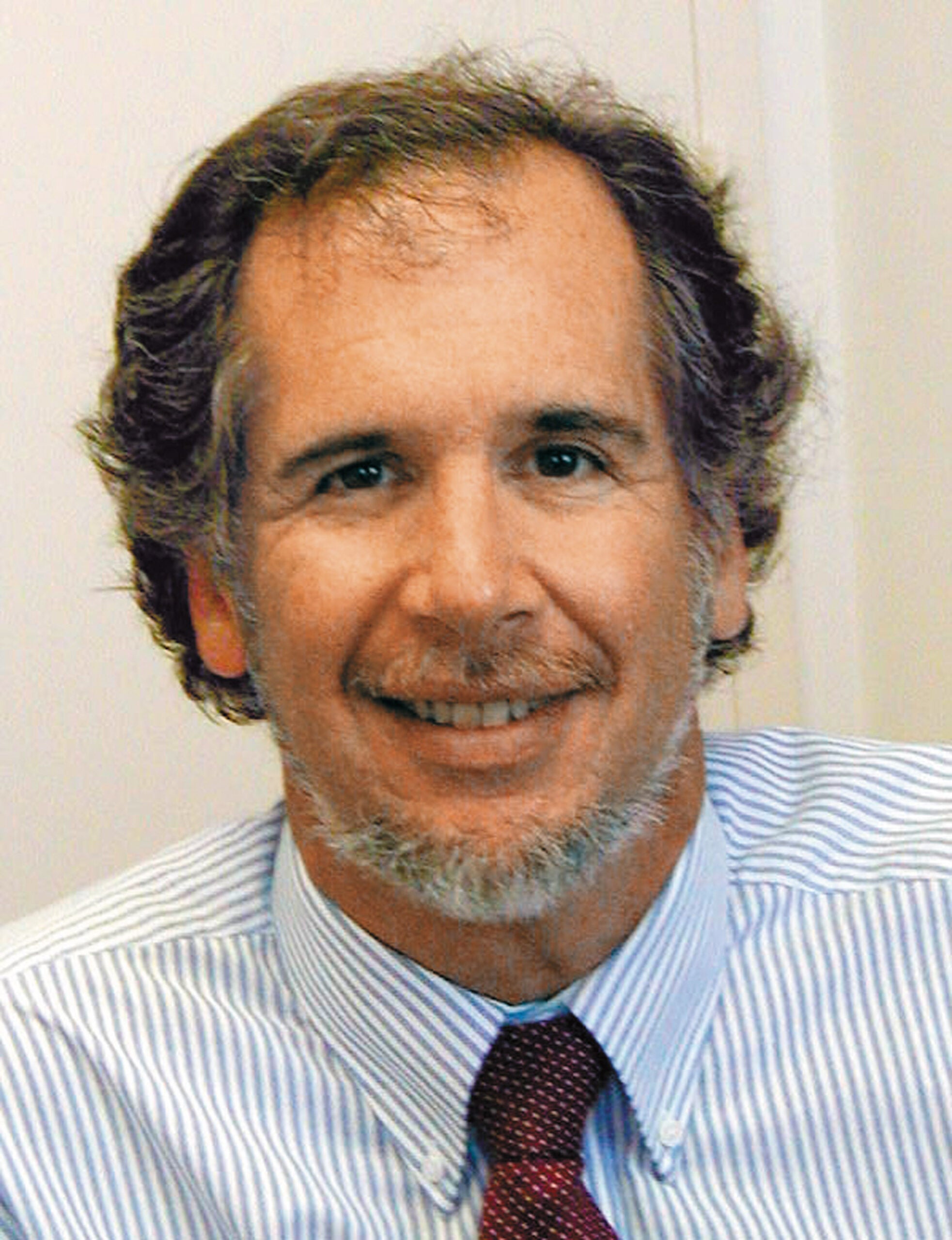Ira Burnim‘s clients are not like the rest of us. They don’t want any help. They’re just not worth the money, the time, the trouble. They’re better off locked away, out of sight.
At least that is what too many people believe.
“People don’t really think that our clients are folks who can blossom and really have impressive, attractive lives,” said Burnim ’77. “We come to devalue them to the point where we see them as not fully human. It’s an old thing to see some people as just ‘different’ from us. Then we don’t have to think of them or treat them in the same way that we would treat our peers or social group.”
As legal director for the Bazelon Center for Mental Health Law in Washington, D.C., Burnim advocates for people with mental disabilities through the courts and legislatures. But he also wants to change attitudes. His clients can indeed blossom, he says, if they are only given the chance for appropriate treatment and housing, and the simple respect that they, like everyone else, deserve.
Burnim has worked for the center since 1988, his advocacy bolstered by the 1990 passage of the Americans with Disabilities Act, which mandates “the most integrated setting appropriate to the needs of qualified individuals with disabilities.” In one case based on the ADA,Olmstead v. L.C., the Bazelon Center coordinated friend-of-the-court briefs and the Supreme Court found that states are required to offer community-based treatment when appropriate.
Yet many people with mental disabilities are either trapped in the criminal justice system, homeless, or needlessly housed in institutions, according to Burnim. He is currently working with other mental health advocacy organizations to craft a model law ‘hat would give clients the right to services to help them live independently. He has also sought to improve services through lawsuits, including Wyatt v. Sawyer, which challenged a shortage of staff in facilities in Alabama. The class action culminated in an agreement to improve standards in institutions and to provide treatment in the least-restrictive setting appropriate. Earlier this year Burnim helped settle another suit, J.K. v. Eden, with the state of Arizona, establishing principles for improving the quality of children’s behavioral health care.
States resist these reforms in part because of money, according to Burnim. Yet integrating people in community settings costs substantially less than institutional care, he said. Many communities also oppose group homes or residential alternatives, said Burnim. “People with mental illness are fairly low down on society’s priority list,” he said. “I think lots of folks, including policy makers, wonder, ‘What difference does it make if they’re in an institution or living in a nice home in a nice neighborhood?'”
That attitude still predominates because of widespread misunderstanding of mental illness, said Burnim. People with mental illness are no more violent than the general population. And most are willing to accept treatment, he said. Indeed, they want to take an active role in their own care. “The main problem is that the kinds of services that the consumers would find effective are not the kinds of services that are generally available,” he said. “What the public mental health system offers is pretty poor, so it’s not at all surprising that a lot of consumers avoid the system.”
People with mental disabilities deserve accommodation, as do people with physical disabilities, Burnim said. They don’t need ramps, but a smoother pathway to a better life.
